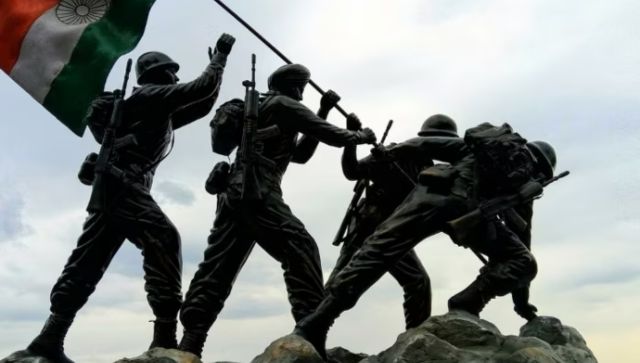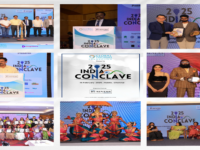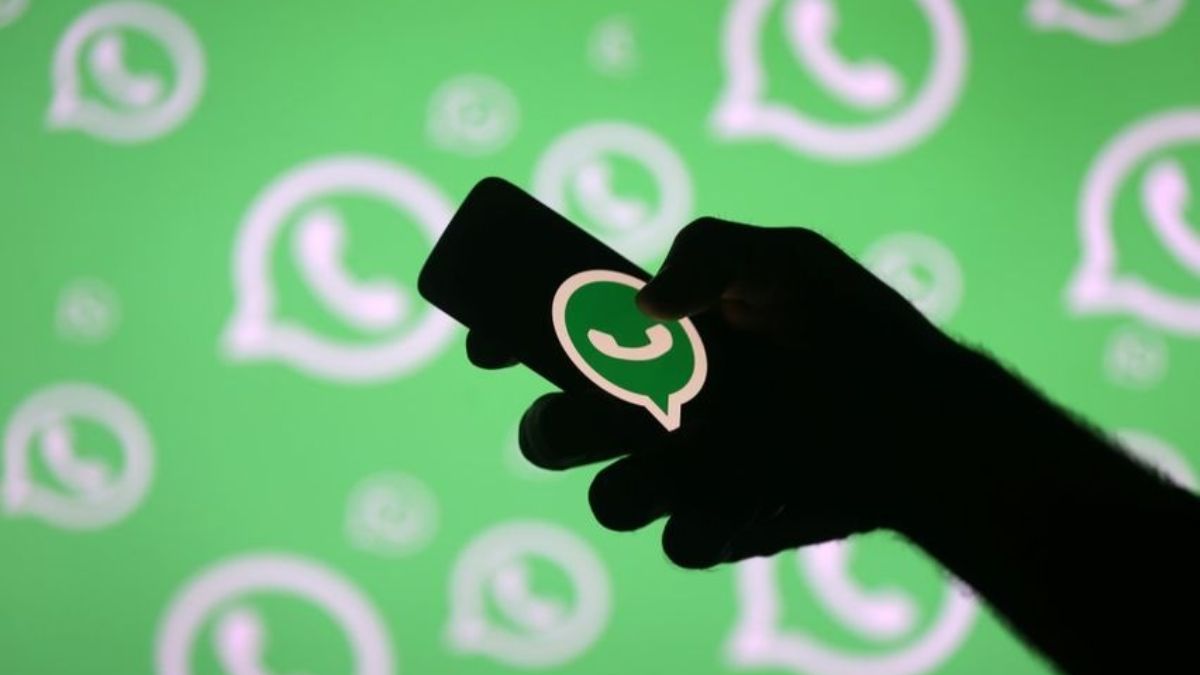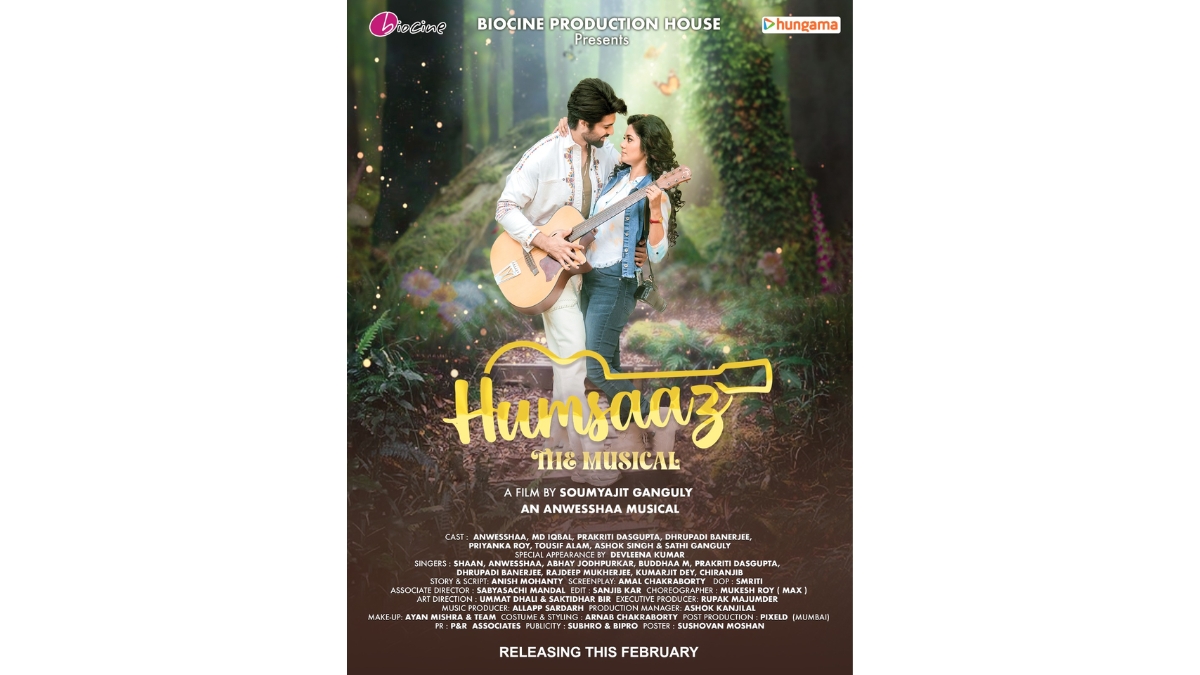From the Kargil War to DDLJ release, historical events that shaped India

In 1999, Pakistani army-backed forces led an extensive invasion across the Line of Control (LoC). This forced the two nuclear nations, India and Pakistan, into a fierce battle. In the end, India emerged as the winner of the Kargil War. File Photo.
On 15 August 2023, India will commemorate its 77th Independence Day, marking the country’s 76 years of independence from the British Raj. The feat, however, didn’t come easy as several roadblocks hindered the subcontinent’s growth. Let’s look at the turn of events that have shaped India’s independence.
While India was blessed with its first woman and Dalit Chief Minister in Mayawati, the country also achieved progressive heights by gifting the internet to its citizens to connect with the world at large. In terms of artistic ventures, the country witnessed the release of Aditya Chopra’s romantic hit Dilwale Dulhaniya Le Jayenge setting the tone for a generation of romance for decades to come.
On the other hand, writer Arundhati Roy bagged the Man Booker Prize for her novel ‘God of Small Things’ (1997). Other achievements include economist Amartya Sen receiving a Nobel Prize in 1998.
Amidst the celebrations, India suffered through a war with neighbouring Pakistan at Kargil and had to face the IC814 plane hijack.
Mayawati became India’s first Dalit CM (1995)
On 3 June 1995, Mayawati became the first Dalit and woman chief minister to take oath in India’s largest province, Uttar Pradesh. This marked another milestone in the Dalit political revolution, which was started by BR Ambedkar and Jagjivan Ram. It gained momentum with Kanshi Ram’s Bahujan Samaj Party. During her tenure, Mayawati gave the minorities a counter-narrative of hope, helping them shine as the foremost representative of the oppressed community.
Internet on Independence Day (1995)
The months of July and August in the mid-1990s were crucial for India for varied reasons. First, Union communications minister Sukh Ram’s call to West Bengal chief minister Jyoti Basu marked the first mobile phone call in the country. Following that, on 15 August 1995, Videsh Sanchar Nigam Limited (VSNL) launched the nation’s first publicly available internet service. Over the decades, India has taken a huge leap from the unconnected to the wireless.
Dilwale Dulhaniya Le Jayenge (1995)
Aditya Chopra’s romantic hit DDLJ set the precedent for being a one-of-its-kind film even in its time. Released in 1995, it was also the time when India’s younger generation was experiencing economic liberalisation. With Raj and Simran, the iconic duo played by actors Shah Rukh Khan and Kajol, Indian cinema got the finest romantic onscreen couple for decades to come.
Arundhati Roy won the Booker Prize (1997)
Arundhati Roy’s ‘God of Small Things’ broke barriers of language, form, and content with its release. The book touched upon the harsh post-colonial realities of India, addressed caste, and initiated a conversation on topics revolving around forbidden relations and fluctuating human emotions. After winning a Booker Prize for her novel, Roy didn’t publish another novel for 2 decades. However, that could not take away her stature as the greatest writer of her time.
Amartya Sen won the Nobel Prize (1998)
Economist Amartya Sen received the Nobel Prize in 1998 for his transformative ideas surrounding welfare economies and the reasons behind famines. He also discussed what governments could do to prevent them. As the father of modern social choice theory, Sen’s contributions led to the creation of the human development index and great interventions in the sphere of gender and social life.
The Kargil War (1999)
In 1999, Pakistani army-backed forces led an extensive invasion across the Line of Control (LoC). This forced the two nuclear nations, India and Pakistan, into a fierce battle. In the end, India emerged as the winner. The military battle was extensively covered by the media, with updates from the war-zone broadcasted live on television.
IC 814 hijack (1999)
On Christmas Eve 1999, Indian Airlines flight 814 with 180 people on board took off from Kathmandu’s Tribhuvan International Airport. Shortly after take-off, it was hijacked by militants. It took the Indian government several rounds of negotiations, including freeing three terrorists, to rescue the passengers from their clutches. The infamous hijack brought home the horrors of modern-day terrorism.
Tata buys Tetley (2000)
In a pioneering move by an Indian conglomerate, Tata Tea acquired the iconic British tea brand, Tetley, for 271 million pounds in 2000. It signalled that Indian companies were not afraid to shake up global markets. This also helped Tata emerge as a global business player. Following this, Tata also acquired the iconic car brand Jaguar in 2008.
Clinton’s arrival in India (2000)
The then-United States President Bill Clinton visited India in 2000. From standing ovations in the Indian Parliament to warm receptions in major cities, ‘Clinton fever’ ruled the subcontinent. The President’s presence reshaped Indo-US ties by reversing years of American hostility, beginning an exciting chapter in the bilateral relationship.

Atul Tiwari is a seasoned journalist at Mumbai Times, specializing in city news, culture, and human-interest stories. With a knack for uncovering compelling narratives, Atul brings Mumbai’s vibrant spirit to life through his writing.







